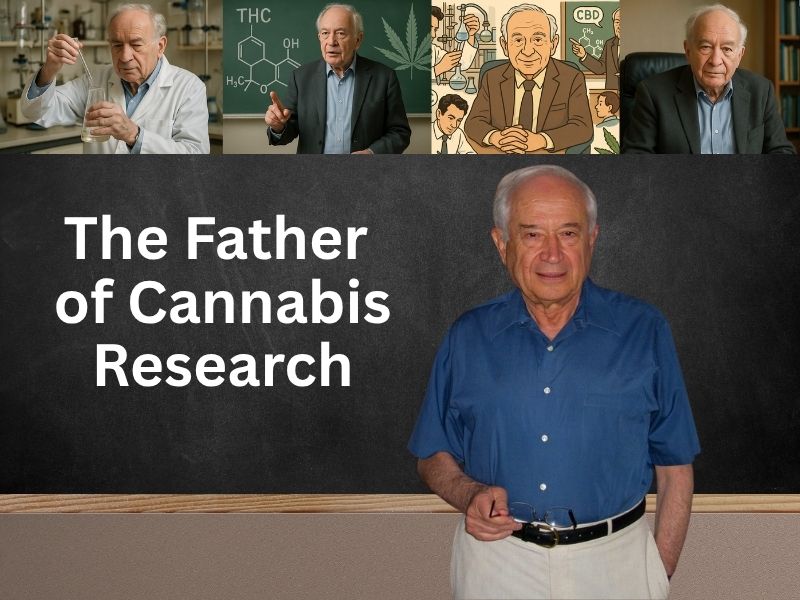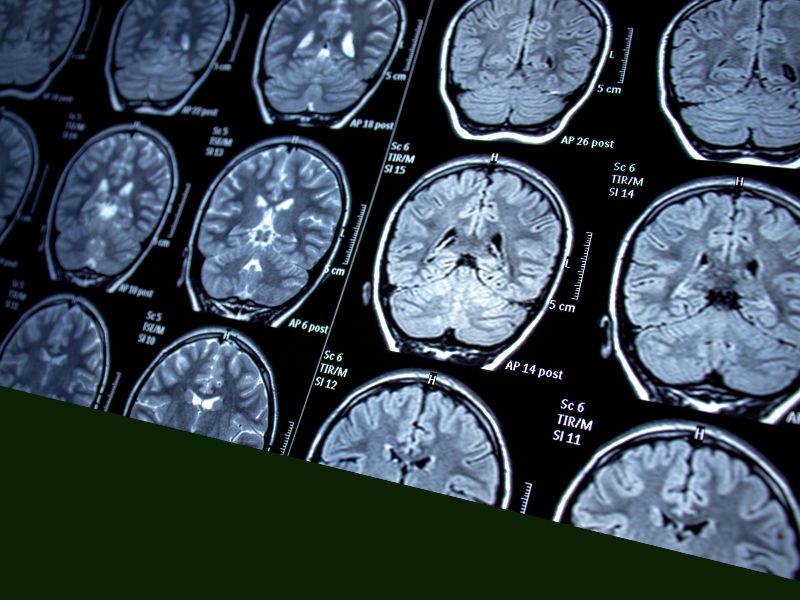Raphael Mechoulam: The Chemist Who Unlocked the Science of Cannabis
In the landscape of medical research, few figures have made a more profound and lasting impact than Dr. Raphael Mechoulam. Known as the “Father of Cannabis Research,” Mechoulam’s pioneering work didn’t just advance our understanding of a plant—it fundamentally altered the course of neuroscience, pharmacology, and immunology. His meticulous chemical analyses, pharmacological investigations, and discovery of the endocannabinoid system (ECS) transformed cannabis from a cultural taboo into one of the most promising areas of therapeutic research in modern medicine.
Mechoulam’s groundbreaking journey began in the early 1960s at the Weizmann Institute of Science in Israel. Despite the legal and logistical hurdles surrounding cannabis at the time, Mechoulam obtained confiscated cannabis samples from the Israeli police and embarked on a systematic chemical investigation. In 1963, he successfully isolated and identified cannabidiol (CBD), revealing it to be a non-psychoactive compound with intriguing pharmacological properties. A year later, he achieved an even greater milestone by isolating and elucidating the chemical structure of delta-9-tetrahydrocannabinol (THC), the plant’s primary psychoactive compound. This was a monumental achievement in organic chemistry and pharmacology, as it provided a foundation for studying cannabinoids in controlled laboratory conditions for the first time.
These discoveries raised a critical question: How do these compounds exert such profound effects on the human brain and body? Over the following decades, Mechoulam’s research shifted toward understanding the physiological pathways affected by cannabinoids. This quest led to the discovery of the endocannabinoid system in the early 1990s, a biological signaling network now known to be involved in regulating homeostasis across nearly every organ system. Alongside his colleagues, Mechoulam identified and characterized the first endogenous cannabinoid, anandamide (N-arachidonoylethanolamine), named after the Sanskrit word ananda, meaning “bliss.” Shortly thereafter, his team discovered a second key endocannabinoid, 2-arachidonoylglycerol (2-AG).
These endocannabinoids bind to cannabinoid receptors—CB1 and CB2—located throughout the central nervous system, peripheral tissues, and immune cells. Mechoulam’s research demonstrated that the ECS plays a vital role in regulating synaptic transmission, neuroinflammation, immune responses, appetite, pain modulation, and emotional processing. His work revealed that dysregulation of the ECS may underlie various pathologies, including neurodegenerative disorders, chronic pain syndromes, metabolic diseases, and psychiatric conditions such as anxiety and depression.
In addition to his work on endogenous ligands, Mechoulam was the first to describe the “entourage effect,” a pharmacological concept proposing that the therapeutic effects of cannabis are not solely due to isolated cannabinoids like THC or CBD but rather the synergistic action of multiple phytochemicals, including minor cannabinoids and terpenes. This theory fundamentally changed how researchers and clinicians approach cannabis therapeutics, emphasizing the importance of whole-plant extracts and complex phytochemical interactions in achieving optimal therapeutic outcomes.

Mechoulam’s later work focused on developing synthetic cannabinoids with greater receptor selectivity and improved pharmacokinetics. His team synthesized several novel cannabinoid derivatives, including HU-210, a potent CB1 receptor agonist, and HU-308, a selective CB2 agonist with significant anti-inflammatory properties. These compounds became critical tools in cannabinoid pharmacology and remain widely used in preclinical research. Mechoulam also explored the therapeutic potential of non-psychotropic cannabinoids like cannabigerol (CBG) and tetrahydrocannabivarin (THCV), focusing on their roles in metabolic regulation, neuroprotection, and inflammation.
Even into his 90s, Mechoulam continued to push the boundaries of cannabinoid science. In his final years, he pioneered research into “cannabidiolic acid methyl ester” (HU-580), a stabilized form of cannabidiolic acid (CBDA) with enhanced bioavailability and therapeutic potential for conditions like nausea, anxiety, and inflammation. This line of research exemplified his lifelong commitment to translational medicine—bridging the gap between bench science and real-world clinical application.
His influence extended far beyond the laboratory. Mechoulam published over 450 scientific papers and mentored generations of researchers who continue to expand the field of cannabinoid science. His work directly contributed to the development of FDA-approved cannabinoid-based drugs, such as Epidiolex for childhood epilepsy and Sativex for multiple sclerosis-related spasticity. These therapies would not exist without the foundational biochemical and pharmacological insights he provided.
Dr. Raphael Mechoulam passed away in March 2023, leaving behind a legacy that has permanently altered the course of medicine and science. His discoveries have paved the way for new treatments in neurology, oncology, psychiatry, and immunology. Perhaps most importantly, his work transformed public and scientific perceptions of cannabis—from a misunderstood and stigmatized plant into a legitimate and highly promising source of new medical therapies.
Today, as cannabis research accelerates globally, Mechoulam’s legacy remains at the center of every major discovery. His vision for cannabinoid-based medicine is being realized in clinical trials, pharmaceutical innovations, and the changing laws that increasingly recognize the plant’s therapeutic potential. Through his relentless curiosity and scientific rigor, Mechoulam unlocked the door to a new frontier in medicine—one that promises hope and healing for millions.
















